Toshiba looking to sell Westinghouse nuclear business
Tue 14 Mar 2017, 16:52:35

It is hard to deny that Saudi foreign policy is defined and enacted through the prism of the Iranian threat. Since the Arab Spring of 2011, the conflict beween Saudi Arabia and Iran has expanded, draining the kingdom’s resources. However, despite its importance, the Iranian threat doesn’t look poised to determine the country’s fate — but rather to shape the way the House of Saud manages domestic challenges.
There is a growing understanding among the leadership that socioeconomic issues, like unemployment, housing shortages, discrimination of women and minorities and personal dissatisfaction, are gnawing in an unprecedented way at the foundations of legitimate rule, and challenging the unique and delicate fabric of the kingdom. A deepening identity crisis of Saudi society is lurking. More and more citizens, especially young people, are struggling to reconcile the tension between the ultra-orthodox and uncompromising way of life based on the Wahhabi interpretation of Islam, and the continuous exposure to the pleasures of the West and modernization.
Just as religious rigidity has stiffened, exacting a heavy price, the internet and private space have turned into a place of refuge for those who have abandoned or have a hard time observing the strict prohibitions.
Videos showing young Saudis challenging accepted norms have recently been uploaded to the web and gone viral. One of them is an exceptional virtual meeting between a Saudi teen and a young American girl. The boy declares his love for the girl in broken English and with great excitement, even though it is the first time he has spoken to her. He was later arrested for unethical behavior and released after two weeks. A similar fate is probably awaiting a group of Saudi teens who turned into unwilling internet stars after dancing at a private party while drinking alcohol and wearing immodest
dress.
It’s reasonable to assume the youths appearing in these and other videos are not knowingly carrying the flag of revolution and social change but rather just want to have fun like other young people around the world. It is entirely possible that some of them live a religious lifestyle and accept the burden of Islam, but at the same time are drawn to the magic of a liberated atmosphere.
Until recently such phenomena would have evinced a harsh response from the religious establishment. However, a significant change began in 2015. It is too early to guess its consequences. Changes in leadership following the death of the late King Abdullah led to the appointment of Mohammed Bin Salman, the son of the ruling King Salman as the second crown prince and the one who is in practice running the kingdom.
Until recently such phenomena would have evinced a harsh response from the religious establishment. However, a significant change began in 2015. It is too early to guess its consequences. Changes in leadership following the death of the late King Abdullah led to the appointment of Mohammed Bin Salman, the son of the ruling King Salman as the second crown prince and the one who is in practice running the kingdom.
Bin Salman is just 31. His young age and his rebellious personality and charisma led to other thinking regarding the dominance of religion in the kingdom and the main (and excessive) authority of the religious establishment and religious police. This trend became evident in the regime’s stance toward women. If in past the leadership vehemently opposed the integration of women in the workplace — due to the religious-cultural attitude that holds that women belong in the home — today, with the inspiration and leadership of Bin Salman, doors that were once barred to women are opening.
Toshiba president Satoshi Tsunakawa has said the company may sell its majority stake in US nuclear unit Westinghouse.
The struggling electronics firm bought Westinghouse in 2006, but it has suffered huge cost over-runs.
Toshiba has also been given permission to delay reporting its earnings for a second time - this time until 11 April.
Mr Tsunakawa said: "We are working on nurturing our growth businesses to return to stable growth by fiscal years 2018 and 2019."
Shares in the company rallied late on Tuesday, closing up 0.5% in Tokyo after earlier falling by nearly 9%.
In February, Toshiba's chairman stepped down and the firm delayed publishing its results over disagreements with its auditors.
Last month, the firm announced a 712.5bn yen ($6.3bn; £5bn) writedown because some of its US nuclear assets were worth far less than estimated.
Nuclear losses
While often still associated with its technology products, Toshiba has become a diverse conglomerate. Its nuclear services business brings in about a third of its revenue.
However, that side of the business has not made a profit since 2013 and nuclear services globally are struggling since the Fukushima disaster in 2011.
Toshiba had initially alerted investors in December 2016 that it faced a heavy one-off loss linked to a deal done by Westinghouse.
Assets that it took on are likely to be worth less than initially thought and there is also a dispute about payments that are due.
Requesting permission for the new delay to its results, Toshiba said some US senior managers had exerted "inappropriate pressure" in the way the acquisition of a nuclear plant construction company had been dealt with in its accounts.
Selling assets
Since December's announcement, Toshiba shares have lost more than half of their value.
To offset the upcoming writedown, Toshiba is also rushing to sell most or even all its prized memory chip business, which it thinks is worth at least $13bn.
The company is the second largest chipmaker in the world, behind Samsung.
Toshiba is also still struggling to recover from a scandal in 2015, when it emerged that profits had been overstated for seven years. The news prompted the chief executive to resign.
Toshiba president Satoshi Tsunakawa has said the company may sell its majority stake in US nuclear unit Westinghouse.
The struggling electronics firm bought Westinghouse in 2006, but it has suffered huge cost over-runs.
Toshiba has also been given permission to delay reporting its earnings for a second time - this time until 11 April.
Mr Tsunakawa said: "We are working on nurturing our growth businesses to return to stable growth by fiscal years 2018 and 2019."
Shares in the company rallied late on Tuesday, closing up 0.5% in Tokyo after earlier falling by nearly 9%.
In February, Toshiba's chairman stepped down and the firm delayed publishing its results over disagreements with its auditors.
Last month, the firm announced a 712.5bn yen ($6.3bn; £5bn) writedown because some of its US nuclear assets were worth far less than estimated.
Nuclear losses
While often still associated with its technology products, Toshiba has become a diverse conglomerate. Its nuclear services business brings in about a third of its revenue.
However, that side of the business has not made a profit since 2013 and nuclear services globally are struggling since the Fukushima disaster in 2011.
Toshiba had initially alerted investors in December 2016 that it faced a heavy one-off loss linked to a deal done by Westinghouse.
Assets that it took on are likely to be worth less than initially thought and there is also a dispute about payments that are due.
Requesting permission for the new delay to its results, Toshiba said some US senior managers had exerted "inappropriate pressure" in the way the acquisition of a nuclear plant construction company had been dealt with in its accounts.
Selling assets
Since December's announcement, Toshiba shares have lost more than half of their value.
To offset the upcoming writedown, Toshiba is also rushing to sell most or even all its prized memory chip business, which it thinks is worth at least $13bn.
The company is the second largest chipmaker in the world, behind Samsung.
Toshiba is also still struggling to recover from a scandal in 2015, when it emerged that profits had been overstated for seven years. The news prompted the chief executive to resign.
No Comments For This Post, Be first to write a Comment.
Most viewed from International
Most viewed from World
AIMIM News
Latest Urdu News
Most Viewed
May 26, 2020
Should there be an India-Pakistan cricket match or not?
Latest Videos View All
Like Us
Home
About Us
Advertise With Us
All Polls
Epaper Archives
Privacy Policy
Contact Us
Download Etemaad App
© 2026 Etemaad Daily News, All Rights Reserved.


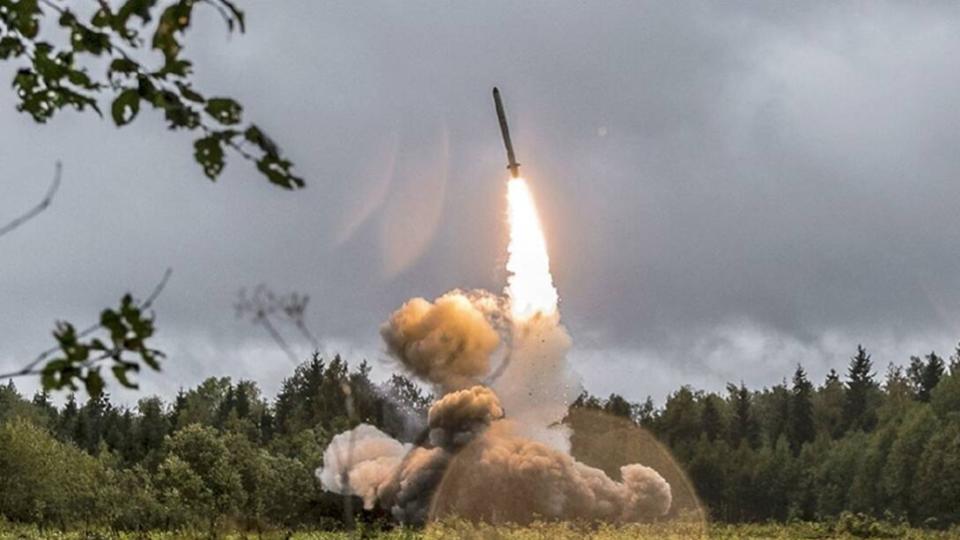


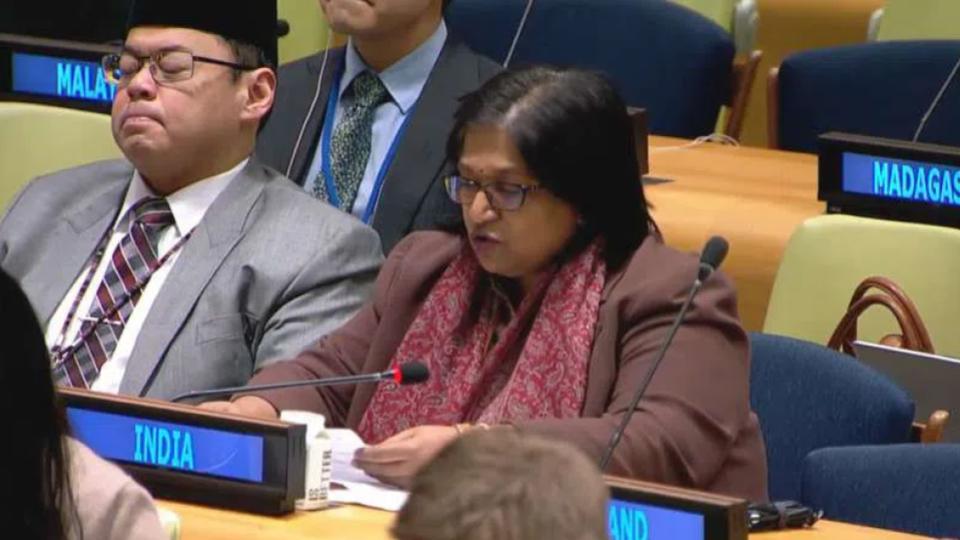
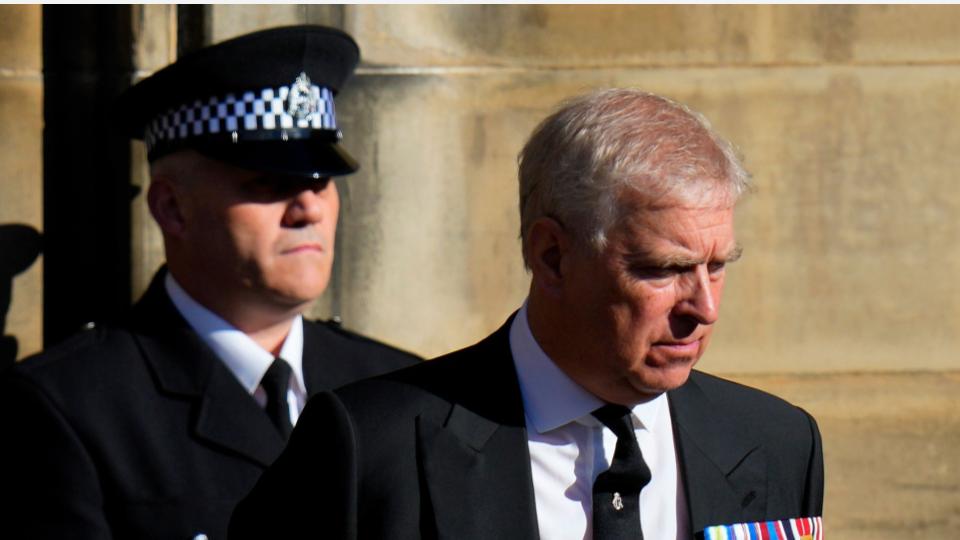
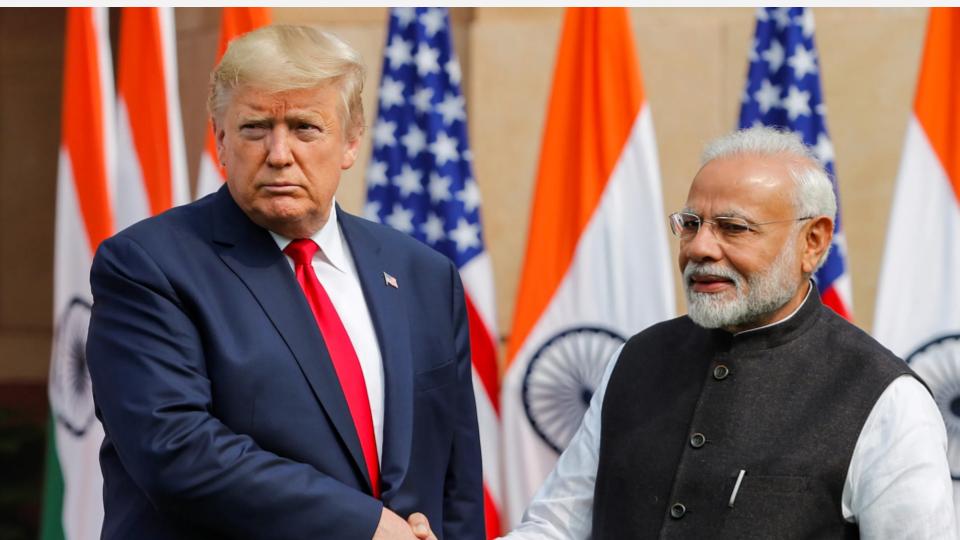
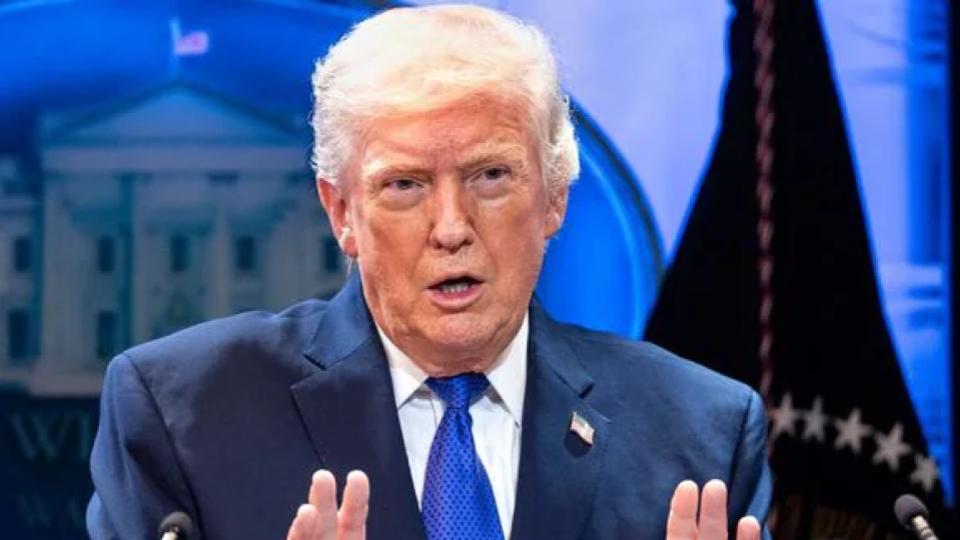

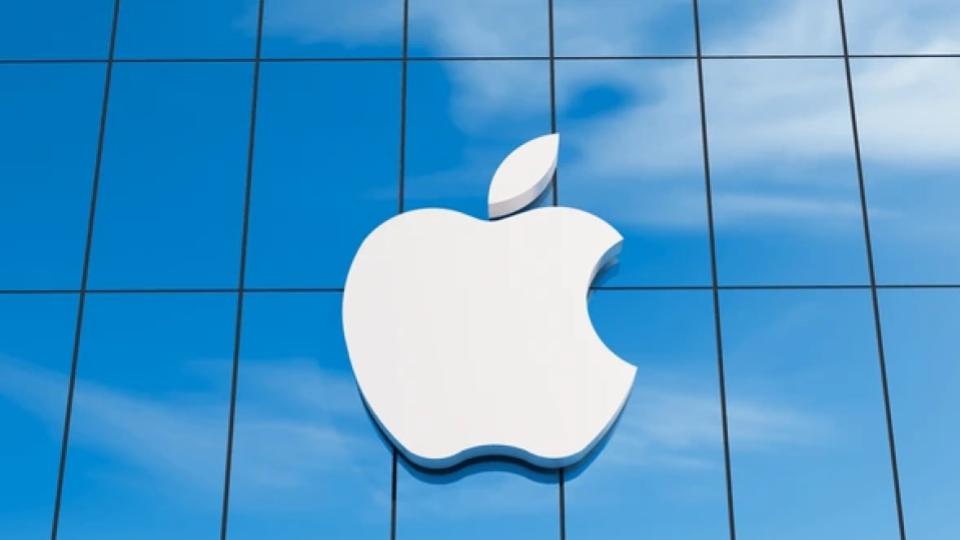
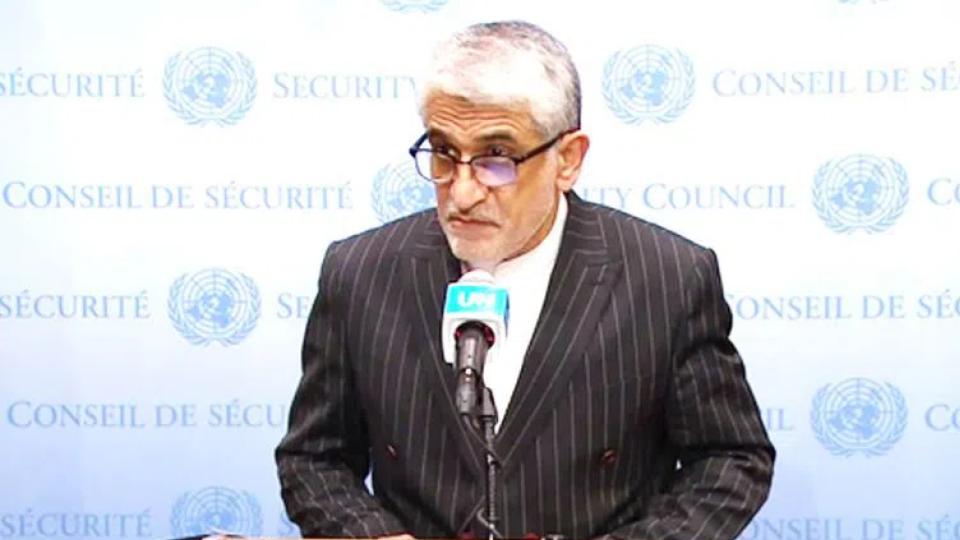
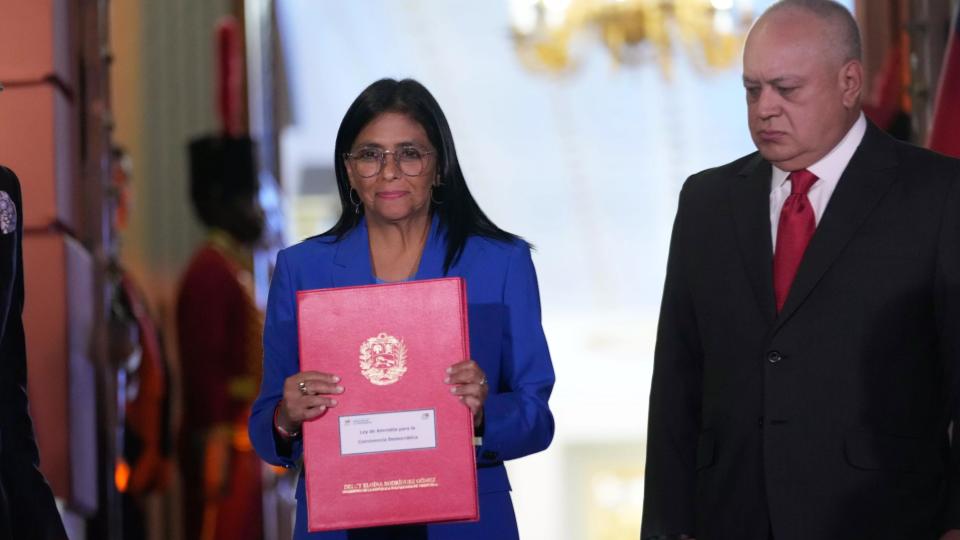




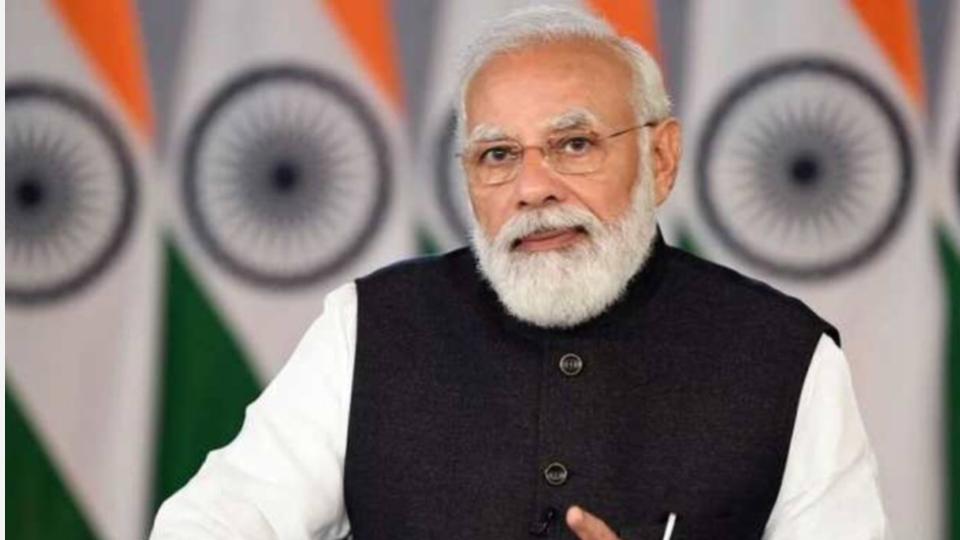



















.jpg)
.jpg)
.jpg)


